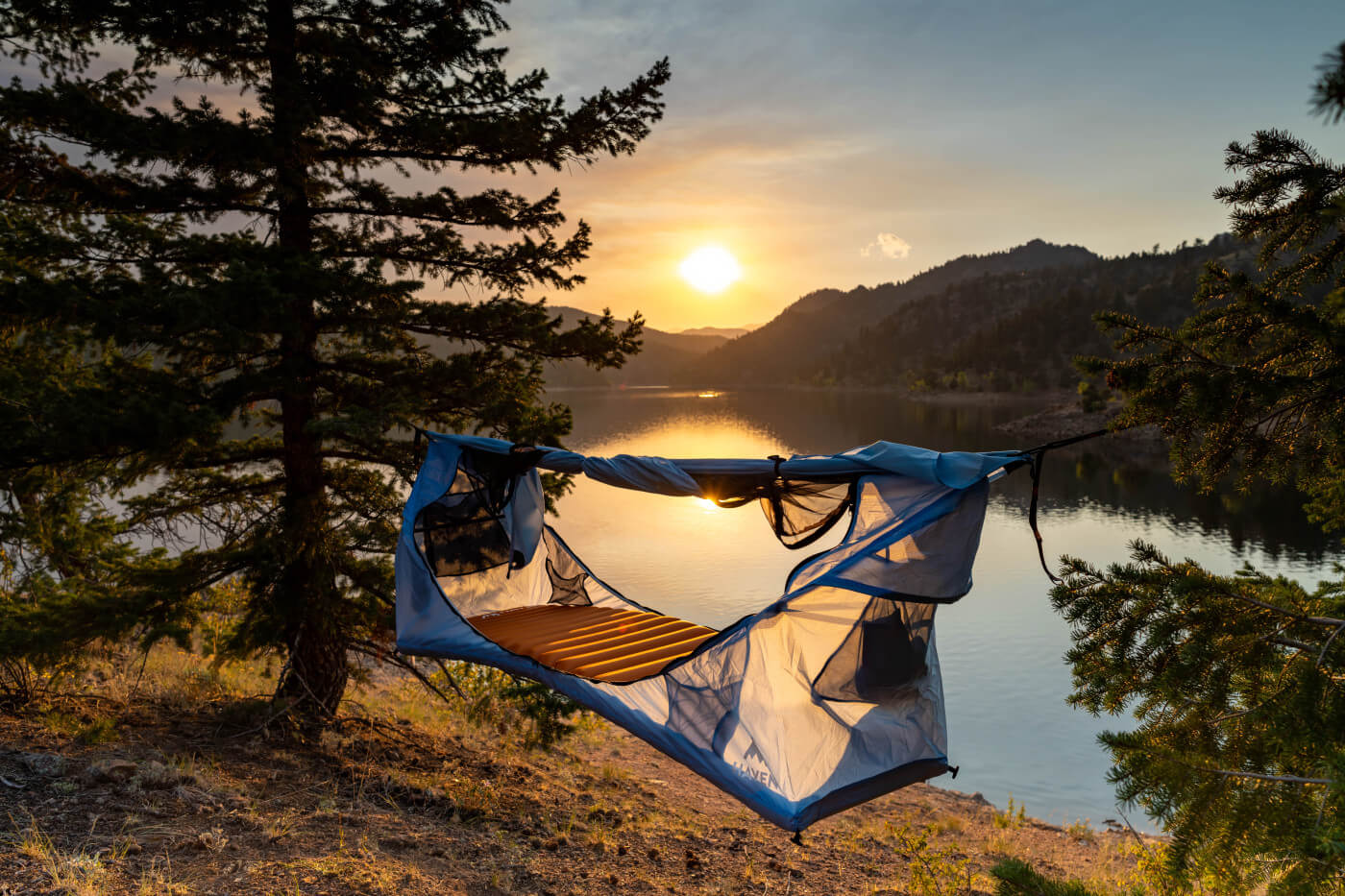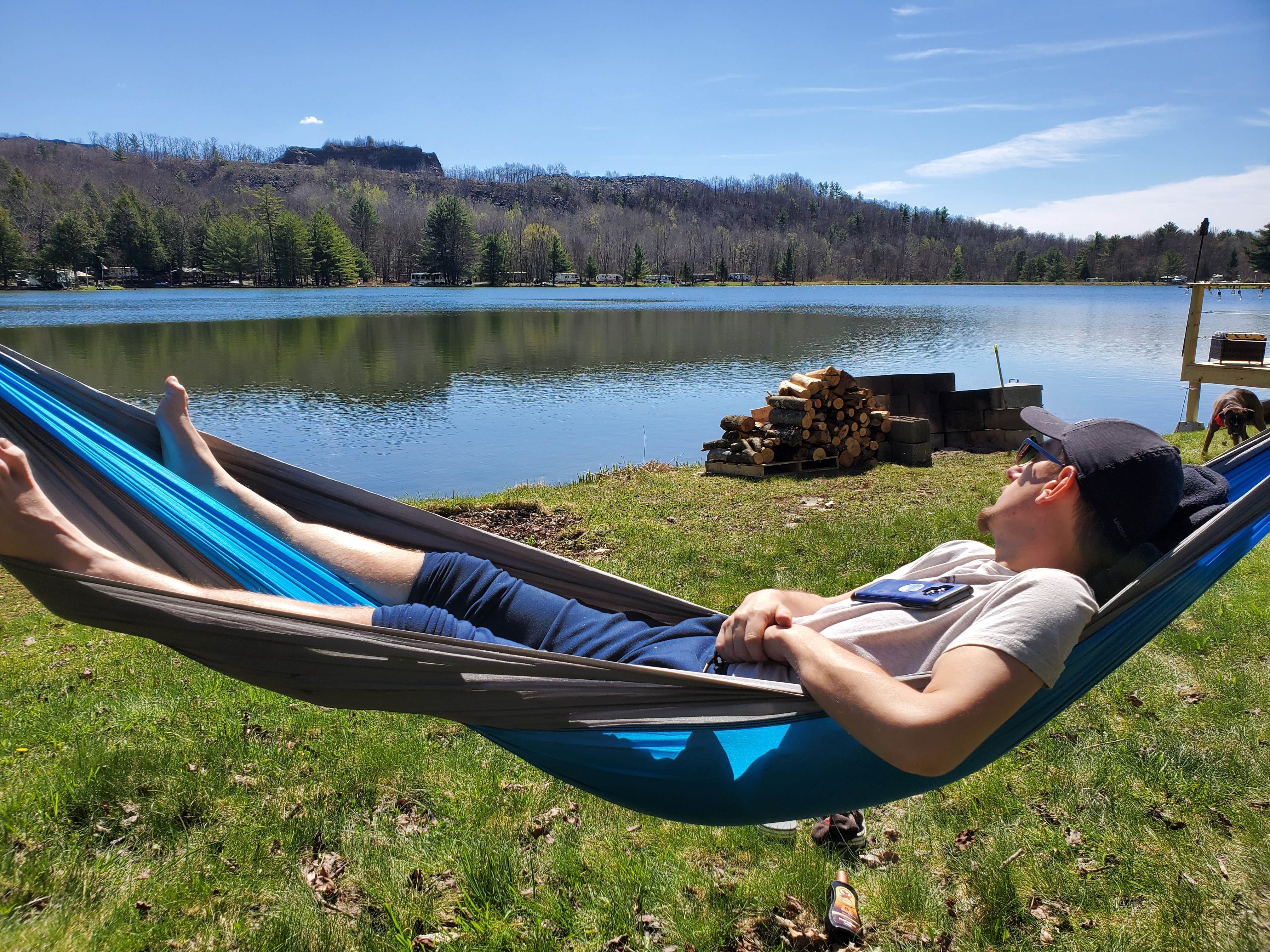Camping is one of the most rewarding ways to connect with nature and disconnect from the hustle and bustle of everyday life. Whether you’re a first-timer or a seasoned camper, this guide will help you prepare for a memorable outdoor adventure. From selecting the perfect campsite to enjoying a variety of activities, we’ve got you covered.

Why Camping is Great for You
- Reconnect with Nature: Experience the beauty of the great outdoors, from starry skies to serene landscapes. Camping allows you to immerse yourself in nature and rejuvenate your spirit.
- Health Benefits: Outdoor activities like hiking, swimming, and fishing improve physical fitness. Fresh air and natural light are also known to boost mental health and reduce stress.
- Quality Time: Spend meaningful time with family and friends away from the distractions of technology. Camping fosters stronger relationships through shared experiences and activities.
Planning Your Camping Trip
- Choosing the Perfect Campsite:
- Research: Look for campsites that match your preferences, whether you enjoy hiking trails, lakes, or scenic views. Consider the amenities available, such as restrooms and picnic areas.
- Reservations: Many campsites require reservations, especially during peak seasons. Book early to secure your spot and avoid last-minute hassles.

- Packing Essentials:
- Shelter: A reliable tent, a sleeping bag appropriate for the season, and a comfortable sleeping pad are must-haves.
- Clothing: Pack in layers to adjust to changing weather conditions. Include waterproof and warm clothing.
- Food and Cooking Supplies: Plan easy-to-prepare meals. Bring a portable stove, cookware, utensils, and enough food and water for your trip.
- Safety and Navigation:
- First Aid Kit: A well-stocked first aid kit is essential. Familiarize yourself with basic first aid procedures.
- Navigation Tools: Bring a map, compass, or GPS device. Ensure you know how to use them and have a backup means of communication.
Setting Up Camp
- Selecting Your Campsite:
- Choose a flat, dry area free of rocks and debris. Avoid setting up near hazards like dead trees, cliffs, or flood-prone areas.
- Ensure your campsite is at least 200 feet from water sources to minimize environmental impact and protect wildlife.
- Pitching Your Tent:
- Practice setting up your tent before your trip. Ensure it is securely staked and guyed out to withstand wind and rain.
- Use a ground tarp or footprint to protect your tent from moisture and abrasion.
- Building a Campfire:
- Follow local regulations and use designated fire rings or pits if available. Gather small sticks and kindling to start your fire, gradually adding larger logs.
- Keep your fire small and manageable. Always have water and a shovel nearby to extinguish the fire completely before leaving or going to bed.
Activities to Enhance Your Camping Experience

- Hiking and Exploration:
- Choose trails that match your fitness level. Bring plenty of water, snacks, and a map. Enjoy the scenery and take time to observe wildlife.
- Follow Leave No Trace principles by staying on marked trails and packing out all trash.
- Water Activities:
- Swimming: Find safe swimming spots free from strong currents and underwater hazards. Swim with a buddy and follow safety guidelines.
- Fishing: Check local fishing regulations and bring the necessary permits. Practice catch-and-release to help preserve fish populations.
- Nighttime Activities:
- Stargazing: Camping away from light pollution provides excellent stargazing opportunities. Bring a telescope or binoculars. Use apps or star charts to identify constellations.
- Campfire Fun: Enjoy storytelling, singing, and playing games around the campfire. Classic activities like roasting marshmallows and making s’mores add to the enjoyment.
Leave No Trace Principles
- Plan Ahead and Prepare:
- Research the area and understand local regulations. Prepare for varying weather conditions and emergencies. Minimize waste by repackaging food.
- Travel and Camp on Durable Surfaces:
- Stay on established trails and camp on durable surfaces like rock, gravel, or dry grass. Avoid fragile areas like wetlands and meadows.
- Dispose of Waste Properly:
- Pack out all trash and leftover food. Use toilets if available or dig a small cathole at least 200 feet from water sources to bury human waste.
- Leave What You Find:
- Preserve the environment by leaving rocks, plants, and other natural objects undisturbed. Avoid disturbing cultural or historical artifacts.
- Minimize Campfire Impact:
- Use a camp stove for cooking when possible. Keep campfires small and use only small sticks. Ensure the fire is completely extinguished before
